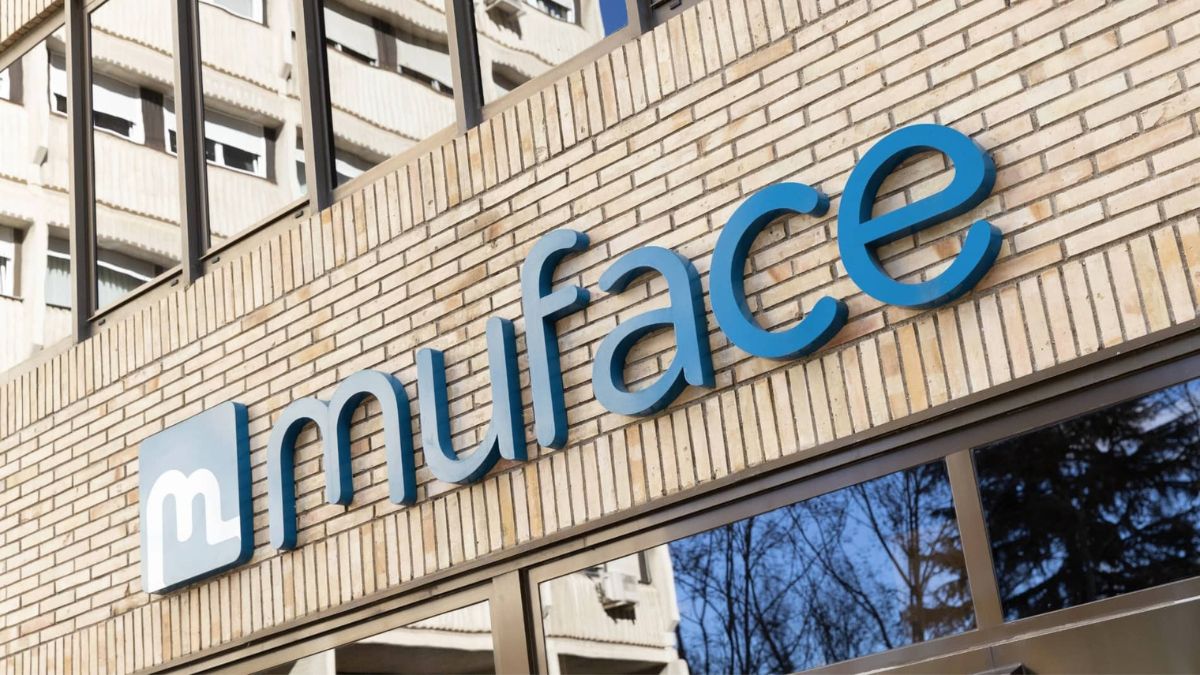2024 ends with several pending issues for the health sector and others that, although they seem to have saved the course, do not have the necessary basis to guarantee their survival in the medium term, which may compromise the sustainability of our health system. Let’s take it one by one.
Until now, I have not wanted to explain my vision of the crisis that the Government has provoked with the Muface model, so as not to contribute to a tension that has spread and has affected all those involved in health care, but especially the citizens who have the opportunity to choose this model. However, the truth is that the origin of this crisis lies in the different positions and contradictions that coexist in the Spanish Government, where some seem to have a real desire to put an end to the model and others have an interest, I don’t know if it is a real or a vested interest, in maintaining it. We will see what the final result is.
In any case, I would like to point out that I find it particularly regrettable that political decision-makers are creating uncertainty among citizens with something as important as health management and that they are fomenting a political battle when in this area there should only be fundamental consensuses. I have made this point on other occasions when we have been faced with questionable decisions: any service provided with public funds must be audited. If the conclusion is that it works properly, we should keep it. And if problems are detected, the priority must be to work with all the actors involved to resolve them, always based on dialogue and trust between the parties. The objective of all, in theory, is the same: to offer the best health care to citizens.
I trust that common sense will prevail and that a model of public-private partnership, which has worked perfectly for 40 years, with the full satisfaction of citizens and the full support of the trade unions, as we have seen in their public demonstrations in defence of the insurance companies, will be maintained as before, with the appropriate modifications.
With the speed of change, health and welfare models need almost constant diagnosis. We cannot manage as we did 50 years ago and, after Covid, we may have to reassess the health needs of society, because we cannot go back to what we were doing 5 years ago. We have to adapt to new realities and new times. Otherwise, there will be a major setback in the quality of care. Above all, because the models envisaged for the supposed progress of the system will gradually collapse, as they do not introduce more flexibility, but rather, on the contrary, more rigidity. And all because of a clear lack of interest in implementing reforms on the part of political leaders.
2024 has not been a good year in this respect. The crisis of the Muface model is the most striking piece of a puzzle in which public-private collaboration, which is essential for the maintenance of the system in the future, is permanently threatened and questioned without objective data or weighty arguments. Day in and day out we see how the different populist governments take decisions that are a direct attack on this collaboration, while the public system continues to increase waiting lists, with major problems of accessibility to the system and generating greater delays in diagnostic tests . In short, time passes, the situation worsens and the leaders continue to fail to seek structural solutions to the problems that now seriously threaten the sustainability of the present and future health system.
On another front, but also with a clear impact on local health care, the end of this year has been bittersweet due to the tragedy of the DANA in Valencia. The terrible floods of that fateful 29 October have allowed us to see the best and the worst of another crisis, which has once again put resources, organisation and collaboration between institutions to the test. The positive part, without a doubt, has been the response of a supportive society and the mobilisation of collaborative youth full of passion and dedication. The negative side, once again, comes from the side of those who, in theory, should be the guarantors of general welfare, but who have not been able to live up to the needs of the most affected populations. Nobody is perfect and there are situations that are difficult to foresee, but that is where the citizens demand unity, the ability to coordinate and the generosity to provide a rapid and effective response. And all of this has been clearly insufficient on the part of the administrations.
Anyway, I don’t want my last blog entry in this 2024 to have a negative connotation.
The year now ending has been a great year for the Ribera healthcare group. Our presence has increased in communities where we were already present and, in addition, we have entered two more regions, making a total of seven, thus consolidating our position as the second largest health group in Spain and with a strong international vocation. We are very happy and grateful for the positive reception of our responsible health model.
We will have time to talk about 2025, the tasks ahead and the challenges we must face. But to end this last entry in my blog for 2024, I ask the new year that we all learn how best to deal with crises such as that of Muface, the unforeseen blows of nature and any other emergency. May we be able to recognise and grow from our mistakes and make decisions that always look after the health of citizens, without falling into power games or political battles.
Because the welfare of all must always come first.
Merry Christmas, dear readers. May I also take this opportunity to wish you a healthy, happy and successful 2025.

